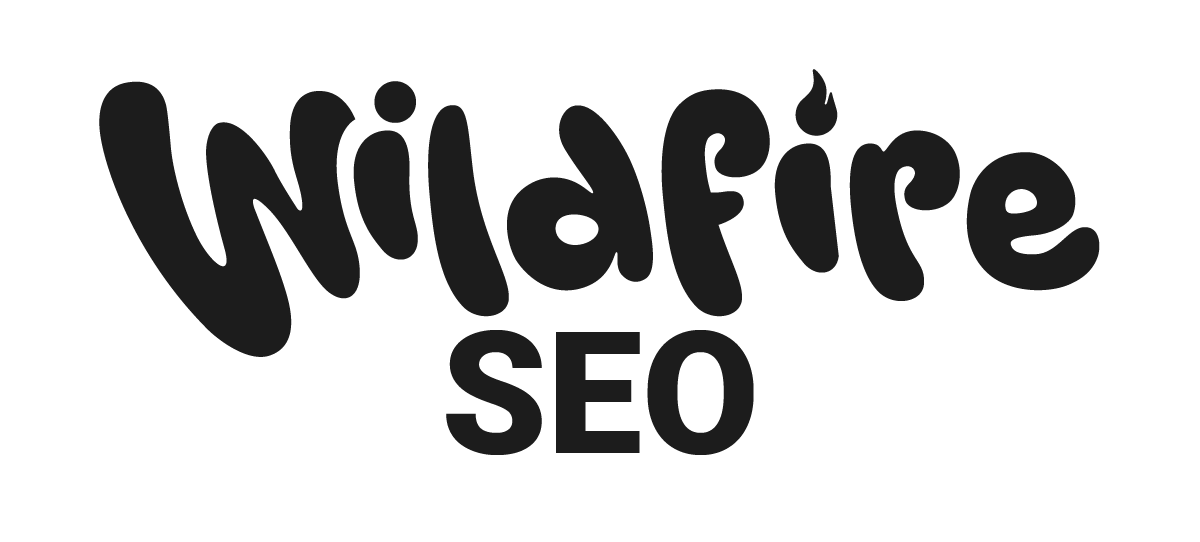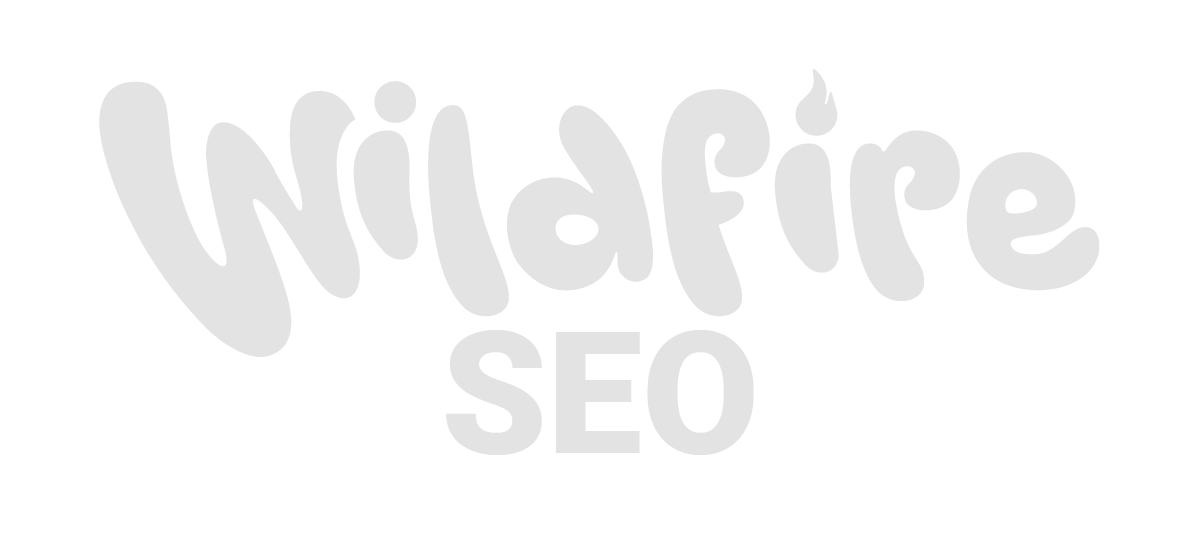
Why Link Reclamation is a Priority for SEO Firms
Backlinks remain one of the strongest indicators of authority and relevance in the eyes of search engines. As search algorithms evolve, the quality and stability of a site’s backlink profile become increasingly influential in determining its visibility in organic search results. Yet, for many SEO firms, a critical aspect of link management often goes overlooked: link reclamation.
Link reclamation refers to the process of identifying and restoring backlinks that have been lost due to site changes, outdated URLs, or other common disruptions. For SEO firms focused on long-term organic growth, reclaiming these lost links isn’t just a maintenance task—it’s a strategic priority with significant implications for performance, cost-efficiency, and credibility.
The Hidden Value of Lost Links
Links are earned through effort, investment, and quality content. Losing them means losing a piece of your site’s authority. Research shows that around 7% of backlinks disappear within the first year, and in some industries, up to 20% can be lost due to domain changes or content deletions. These aren’t just statistics—they represent tangible losses in ranking power, traffic potential, and trust signals.
When a previously linked-to page returns a 404 error, the link equity that page once passed vanishes. This can contribute to ranking drops across both the affected page and, cumulatively, the entire site. For SEO firms, this makes link reclamation a high-ROI task: instead of chasing new links, which often involves extensive outreach or creative campaigns, they can restore the value of links that have already been earned.
Why Links Disappear
Understanding the causes of lost backlinks is essential for prioritising link reclamation efforts. Some of the most common culprits include:
- Site migrations without proper redirects in place, especially during rebranding or structural overhauls.
- URL changes that break existing links, such as switching from HTTP to HTTPS or implementing a new URL hierarchy.
- Content deletions, often due to outdated information or consolidation of blog articles and landing pages.
- Referring site changes, where publishers remove or update content and accidentally drop external links.
These scenarios are increasingly common as websites grow and evolve. Without a system for monitoring link integrity, SEO firms risk losing ground not because of poor strategy, but because of unaddressed technical issues.
Reclaiming Links Is More Efficient Than Building Them
Link building remains a cornerstone of SEO, but it’s often time-intensive and resource-heavy. Whether it’s creating new content, running digital PR campaigns, or developing link-worthy assets, acquiring new backlinks demands effort. Reclaiming lost links, on the other hand, is considerably more efficient.
For example, if a high-authority site linked to your content last year but the link has since broken due to a URL change, a simple update can restore that link equity. There’s no need to re-pitch the value of your content—it’s already proven. SEO firms that prioritise link reclamation can, therefore, deliver faster results while preserving previously gained trust and authority.
Recognising Link Reclamation Opportunities
Several link types present prime opportunities for reclamation. These include:
- Broken backlinks: External links that now lead to 404 pages or non-existent content.
- Unlinked brand mentions: Instances where your company is named online without a hyperlink—common across news articles and blog mentions.
- Outdated redirects: Redirect chains that no longer function as intended or point to irrelevant destinations.
- Misspelled URLs: Simple errors in linking that prevent search engines from passing authority correctly.
While some issues stem from external sources, many originate internally during site updates, redesigns, or restructuring. Proactively identifying and resolving these is vital for maintaining consistent link equity.
SEO Firms Benefit Most From a Balanced Strategy
Link reclamation isn’t a replacement for link building—it’s a complement. By integrating both practices into an overall strategy, SEO firms can maximise their return on investment while ensuring no earned value is left on the table. The cost of building a single high-quality backlink is estimated to be in the hundreds of pounds, while restoring a lost one may require nothing more than a targeted email or redirect fix.
Importantly, link reclamation aligns with Google’s emphasis on site reliability, user experience, and crawl efficiency. Ensuring that inbound links resolve correctly contributes to a better crawl path for search engines and a smoother experience for users—both of which are critical ranking factors.
Establishing Authority and Trust
Authority isn’t built overnight. For SEO firms helping clients in competitive industries, each quality backlink represents credibility in the digital ecosystem. Losing those links weakens a site’s perceived trustworthiness, which can be especially damaging when visibility is paramount.
That’s why link reclamation is more than a technical fix—it’s a reputational safeguard. It protects the digital footprint that SEO firms work hard to cultivate, reinforcing trust with both users and search engines.
The Role of SEO Firms Moving Forward
As the SEO landscape becomes more saturated, efficient strategies that protect existing gains will take precedence over tactics that offer only marginal returns. Link reclamation stands out because it combines strategic foresight with practical results. For SEO firms that want to stay ahead of algorithm changes, maintain authority, and maximise every ounce of value from past efforts, link reclamation must be front and centre.
At Wildfire SEO, we help our clients recover lost value and fortify their backlink profiles with precision. If you’re interested in safeguarding your SEO performance and boosting your rankings through smarter strategies, get in touch with us. We’re here to ensure every link you’ve earned continues to work for you.



